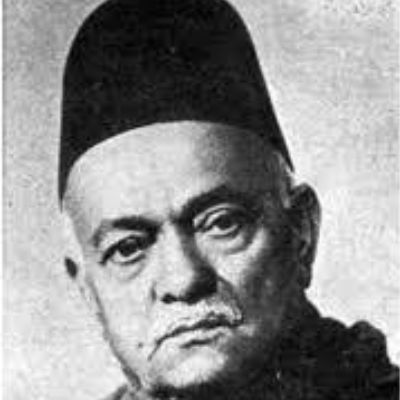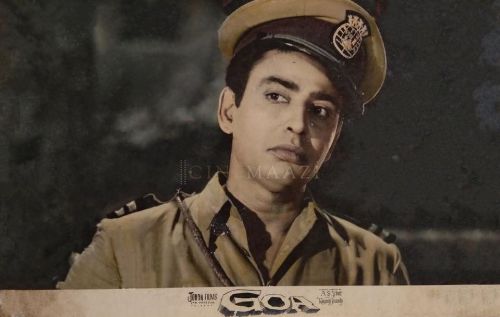This section is for paid subscribers only. Our subscription is only $3700/- for one full year.
You get unlimited access to all paid section and features on the website with this subscription.
Subscribe to read full article
This section is for paid subscribers only. Our subscription is only $37/- for one full year.
You get unlimited access to all paid section and features on the website with this subscription.
Not ready for a full subscription?
You can access this article for $2, and have it saved to your account for one year.
- Release Date1975
- GenreDrama
- FormatB-W
- LanguageHindi
- Number of Reels12
- Gauge35mm
- Censor RatingU
- Censor Certificate Number78760
- Certificate Date31/05/1975
Charandas is a petty thief and a man of principles at the same time. He is a charming but deceitful petty thief who is well-known in his village for his antics. Despite being a thief, he has a code of ethics that sets him apart. He has made four vows to his guru - never to eat in a golden plate, never lead a procession that is in his honor, never become a king, and never marry a princess. Later he promises his guru that he will never lie and will only steal from the corrupt.
As Charandas navigates life, his encounters lead him to a kingdom where, despite his intentions, he becomes renowned and is offered political power, which he declines due to his vows. However, his refusal to marry the local princess, Kelavati, leads to his death sentence. In his refusal, Charandas highlights the paradox of truthful existence, showcasing the impossibility of maintaining honesty in a world where truthfulness, both intentional and accidental, leads to unforeseen consequences.
Throughout the film, Charandas finds himself in humorous and poignant situations as he tries to navigate his way through life while adhering to his principles. His encounters with various villagers, authorities, and the princess shape his journey, revealing his complex character and the moral dilemmas he faces.
The movie's narrative is an exploration of morality, societal norms, and the blurred lines between right and wrong. It presents a subtle commentary on the hypocrisy of the society and the moral ambiguities individuals grapple with in their pursuit of survival and justice.
The film is based on Habib Tanvir’s play which was also based on Rajasthani folklore written into a short story by Vijaydan Dheta. The film was produced by Children’s Film Society of India. The journey of the story of Charandas Chor highlights the relevance of this moral parable for different people in different times. This story has been told many times through different mediums and it still lives on.
[Synopsis written by Cinemaazi Team Member]

Cast
Crew
-
BannerChildren Film Society, Bombay
-
Director
-
Music Director
-
Lyricist
-
Story Writer
-
Screenplay
-
Dialogues
-
Cinematography
-
Editing
-
Sound Recording/ Audiography










.jpg)



